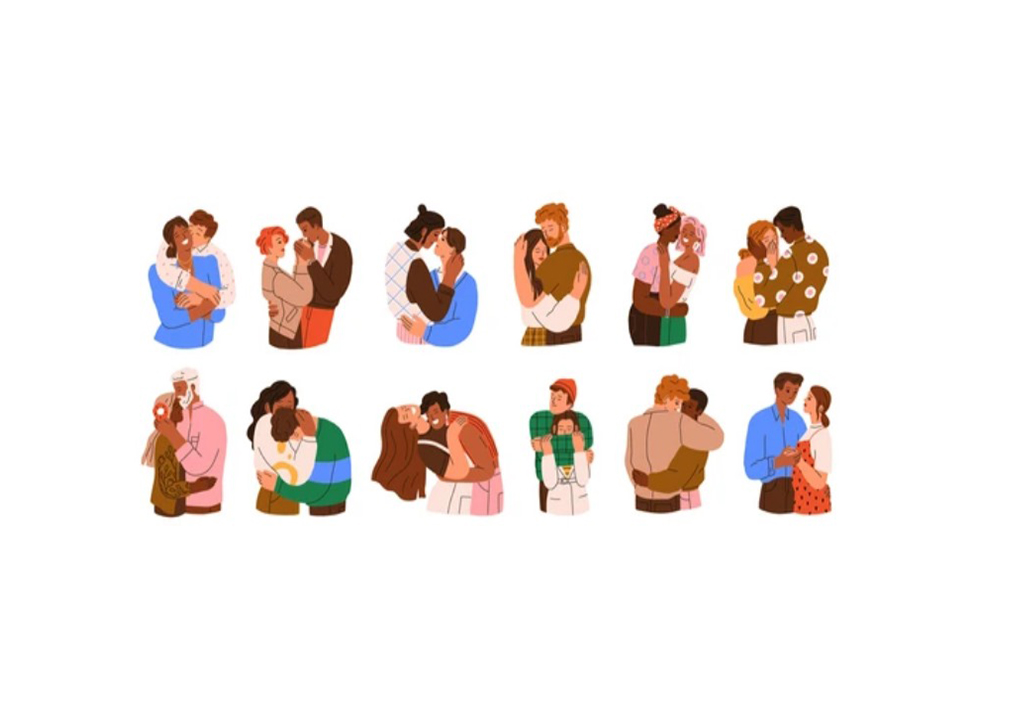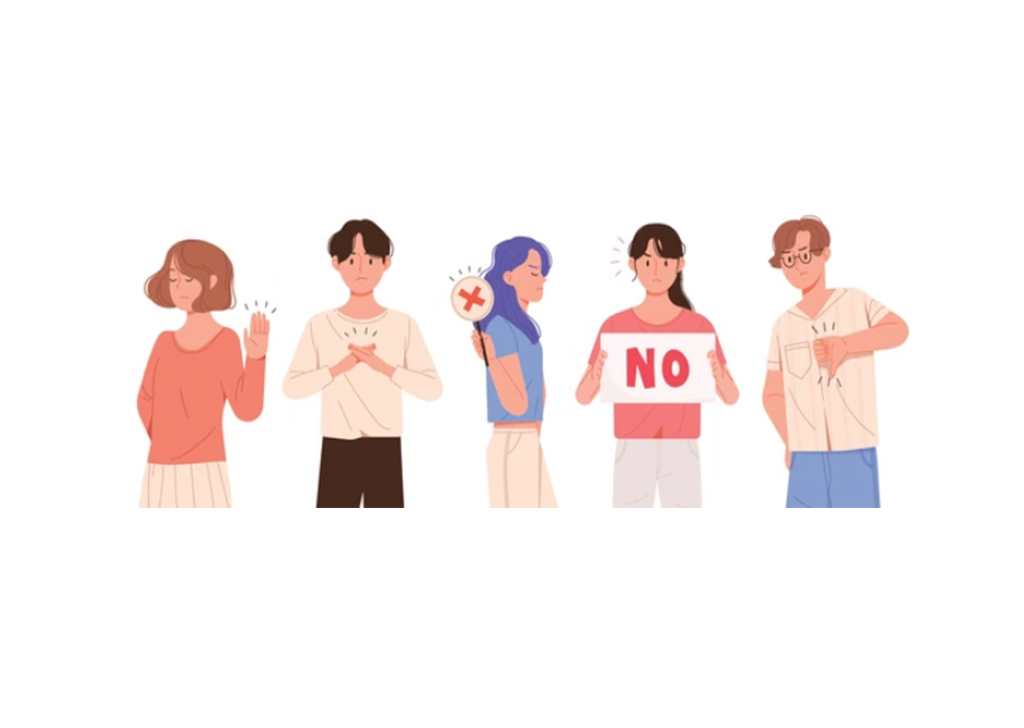What is a healthy relationship? How does it work?
A healthy relationship is one in which two people are respectful, understanding and loving towards each other, based on mutual trust and support. In a healthy relationship, both parties feel safe and valued and respect each other's emotional and physical boundaries. Here are some important characteristics and tips that define a healthy relationship:
Characteristics of a Healthy Relationship
- Mutual Respect: In healthy relationships, partners respect each other's ideas, feelings and needs. This respect is maintained even when there are differences of opinion.
- Open and Honest Communication: Individuals in a relationship openly express their thoughts and feelings. The channels of communication are always kept open and there are no secrets.
- Trust: Trust is essential in a healthy relationship. Partners trust each other and avoid behaviors that may undermine this trust.
- Support and Empathy: Partners support and empathize with each other. They help each other through difficult times and celebrate successes.
- Equality: In a healthy relationship, the balance of power is equal. Decisions are made together and the wants and needs of both partners are taken into account.
- Independence and Personal Space: Both partners maintain their individual identities and give each other personal space. This prevents a feeling of suffocation in the relationship and promotes personal growth.
- Shared Values and Goals: Shared values and goals play a unifying role in the relationship. This ensures that plans for the future are more harmonized.
How Do You Know If Your Relationship Is Healthy?
You can ask the following questions to find out if your relationship is healthy:
- Do I feel comfortable and safe talking to my partner?
- Am I able to express my feelings and thoughts openly?
- Do I feel valued when I am with my partner?
- Are we able to resolve differences of opinion in a respectful way?
- Do my partner and I have common goals and values?
- Does my partner support and empathize with me?
- Is my personal space and independence respected?
If your answers to these questions are positive, you can say that your relationship is healthy.
What Can You Do to Strengthen Your Relationship?
- Strengthen Communication: Share your feelings and thoughts openly. Encourage your partner to feel the same way.
- Spend Time Together: Spending quality time strengthens the bond. Find common interests and do activities together.
- Show Gratitude and Appreciation: Thank your partner and show your appreciation even for small things.
- Empathize: Try to understand your partner's feelings and be there for them in difficult times.
- Set Goals Together: Set goals together for the future and work together to achieve them.
- Give Personal Space: Respect each other's individual space and interests.
When Should You Seek Support?
Every relationship has its ups and downs, but in some cases it may be necessary to seek professional help. Here are some situations when you should seek support:
- Constant Arguments: If arguments have become constant and do not lead to a resolution.
- Trust Issues: If trust issues are constantly affecting your relationship.
- Communication Problems: Lack of communication or misunderstandings have become a constant problem.
- Emotional or Physical Violence: There is emotional or physical violence in any form.
- Personal Problems: Personal traumas or mental health problems are affecting your relationship.
- A professional therapist or relationship counselor can help you in these situations and bring your relationship back to a healthy state.
A healthy relationship takes time and effort. Mutual respect, open communication, trust, support and empathy are the cornerstones of a healthy relationship. You should continually strive to strengthen your relationship and meet the needs of both parties. When problems arise, you should not hesitate to seek professional help. A healthy relationship increases both individual and shared happiness and improves quality of life.
Hashtags
relationship couple therapy marriage therapy romance lovers individual therapy communication love love relationship problems online therapy
Categories
Actual Other







